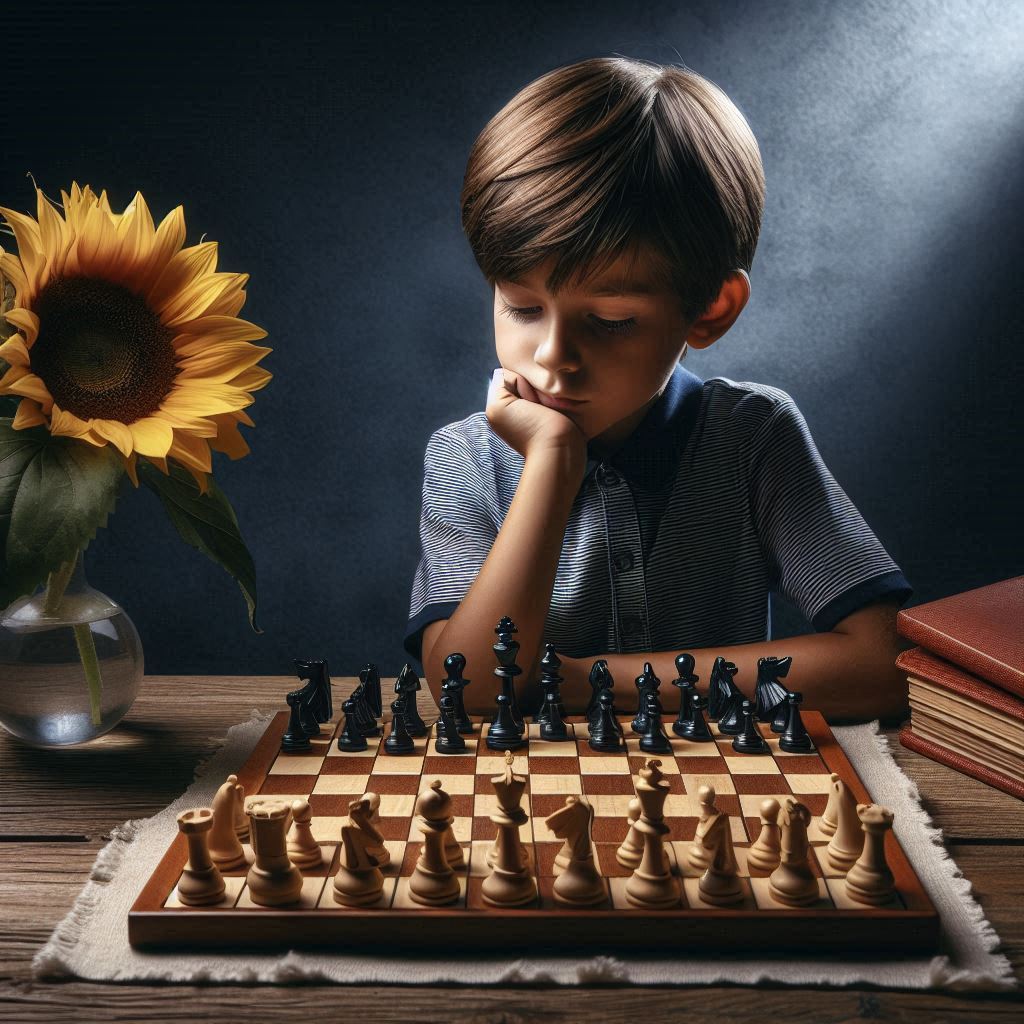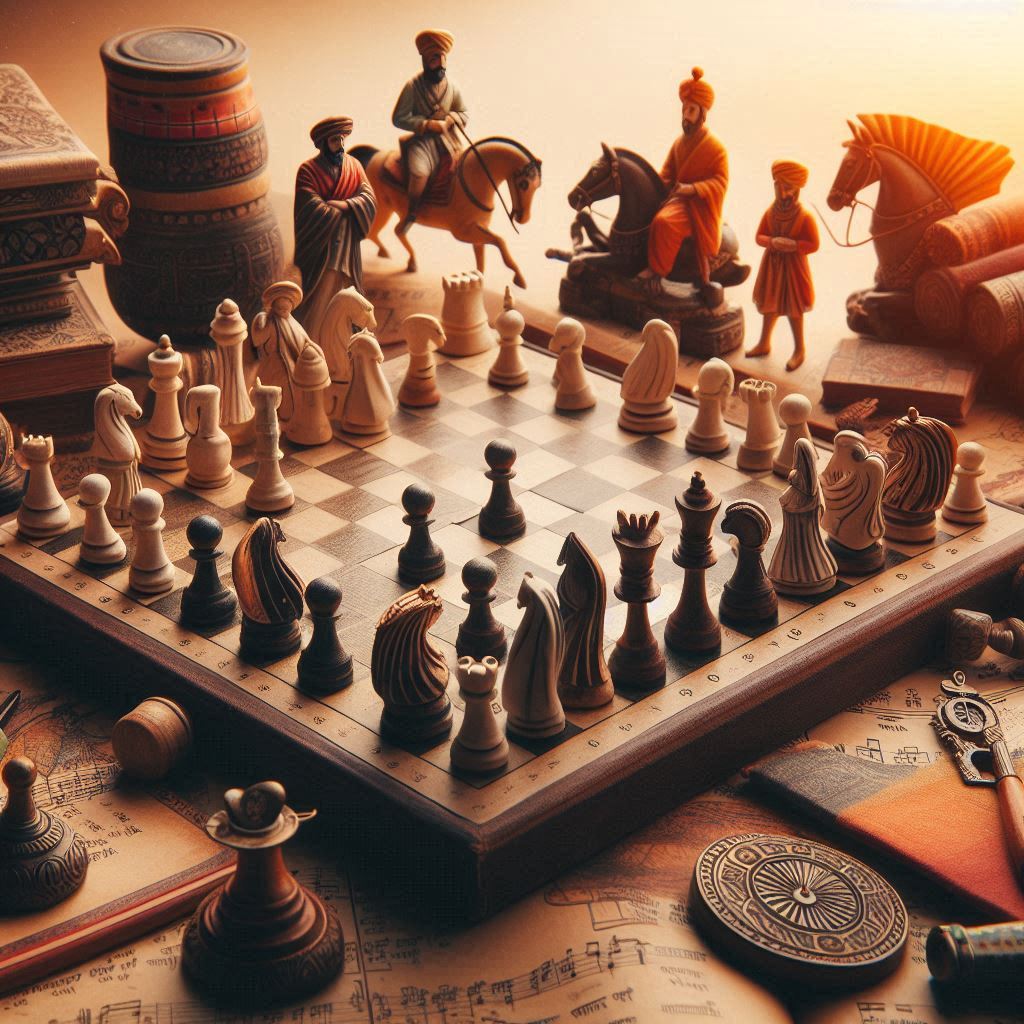Introduction
Chess puzzles are more than just a pastime for enthusiasts. They serve as a powerful tool to enhance cognitive functions, strategic thinking, and even emotional well-being. In this article, we will delve into the myriad benefits of solving chess puzzles, explaining why this seemingly simple activity can have profound impacts on your mental and emotional health.
The Importance of Chess Puzzles
Chess puzzles are crucial for both novice and experienced players. They help sharpen skills and offer a practical application of theoretical knowledge. The importance of chess puzzles extends beyond the board, impacting various aspects of daily life and mental health.
Cognitive Benefits of Solving Chess Puzzles
Enhancing Problem-Solving Skills
Solving chess puzzles requires identifying the best moves in complex situations, which enhances problem-solving skills. This ability translates to real-life scenarios, where finding effective solutions is essential.
Boosting Memory and Recall Abilities
Regularly solving chess puzzles can significantly boost memory and recall abilities. Remembering patterns, moves, and strategies strengthens neural connections, improving overall memory function.
Improving Concentration and Focus
Chess puzzles demand high levels of concentration and focus. By consistently engaging with these puzzles, individuals can improve their ability to concentrate on tasks for extended periods.
Strategic Thinking and Planning
Chess puzzles necessitate strategic thinking and long-term planning. This skill is invaluable in both professional and personal life, aiding in the anticipation of future outcomes and the development of effective strategies.
Emotional and Psychological Benefits
Building Patience and Perseverance
Working through challenging chess puzzles fosters patience and perseverance. These qualities are essential for personal growth and overcoming obstacles in various aspects of life.
Stress Relief and Mental Relaxation
Engaging in chess puzzles can serve as a form of stress relief and mental relaxation. The focus required to solve these puzzles can divert attention from daily stressors, providing a mental break and reducing anxiety.
Chess Puzzles as a Learning Tool
Applying Chess Puzzles to Real-Life Situations
The skills developed through solving chess puzzles, such as critical thinking and strategic planning, can be applied to real-life situations. This application can lead to more effective decision-making and problem-solving in everyday life.
Social Benefits of Solving Chess Puzzles
Encouraging Social Interaction and Bonding
Chess puzzles can encourage social interaction and bonding, whether through discussing solutions with friends or participating in online forums. This social engagement can enhance interpersonal relationships and communication skills.
Competitive Edge in Chess and Beyond
Solving chess puzzles can provide a competitive edge not only in chess but in various competitive fields. The analytical skills developed through puzzle-solving can be advantageous in business, academics, and other areas requiring strategic thinking.
Developing a Growth Mindset
Regularly engaging with challenging chess puzzles fosters a growth mindset. This mindset encourages continuous learning and improvement, which is beneficial for personal and professional development.
Age-Related Cognitive Decline Prevention
Solving chess puzzles can help prevent age-related cognitive decline. The mental exercise involved in solving puzzles keeps the brain active and engaged, which can delay the onset of cognitive impairments.
Accessible and Enjoyable for All Ages
Chess puzzles are accessible and enjoyable for individuals of all ages. Whether young or old, novice or expert, anyone can benefit from the cognitive and emotional advantages of solving chess puzzles.
Digital Platforms for Chess Puzzles
The advent of digital platforms has made chess puzzles more accessible than ever. Online resources and apps provide a vast array of puzzles, catering to different skill levels and preferences, making it easier to incorporate puzzle-solving into daily routines.
Chess Puzzles in Education
Incorporating chess puzzles into educational curricula can enhance students’ cognitive abilities and problem-solving skills. Schools and educational institutions can leverage chess puzzles to promote critical thinking and intellectual development.
Conclusion
The benefits of solving chess puzzles are extensive, impacting cognitive functions, emotional well-being, and social interactions. By incorporating chess puzzles into your routine, you can enhance various skills that are valuable in both personal and professional life. Embrace the challenge and reap the rewards of this timeless activity.
FAQs
How do chess puzzles improve problem-solving skills? Solving chess puzzles involves analyzing complex scenarios and finding optimal solutions, which enhances problem-solving skills.
Can chess puzzles help with memory improvement? Yes, regularly solving chess puzzles can boost memory by strengthening neural connections and improving recall abilities.
What are the emotional benefits of solving chess puzzles? Engaging in chess puzzles can provide stress relief, mental relaxation, and foster patience and perseverance.
Are chess puzzles beneficial for all ages? Absolutely, chess puzzles are accessible and enjoyable for individuals of all ages, offering cognitive and emotional benefits.
How can chess puzzles prevent age-related cognitive decline? The mental exercise involved in solving chess puzzles keeps the brain active and engaged, which can delay the onset of cognitive impairments.
Can digital platforms enhance the chess puzzle experience? Yes, digital platforms offer a vast array of puzzles, making it easier to incorporate puzzle-solving into daily routines and enhance the overall experience.



